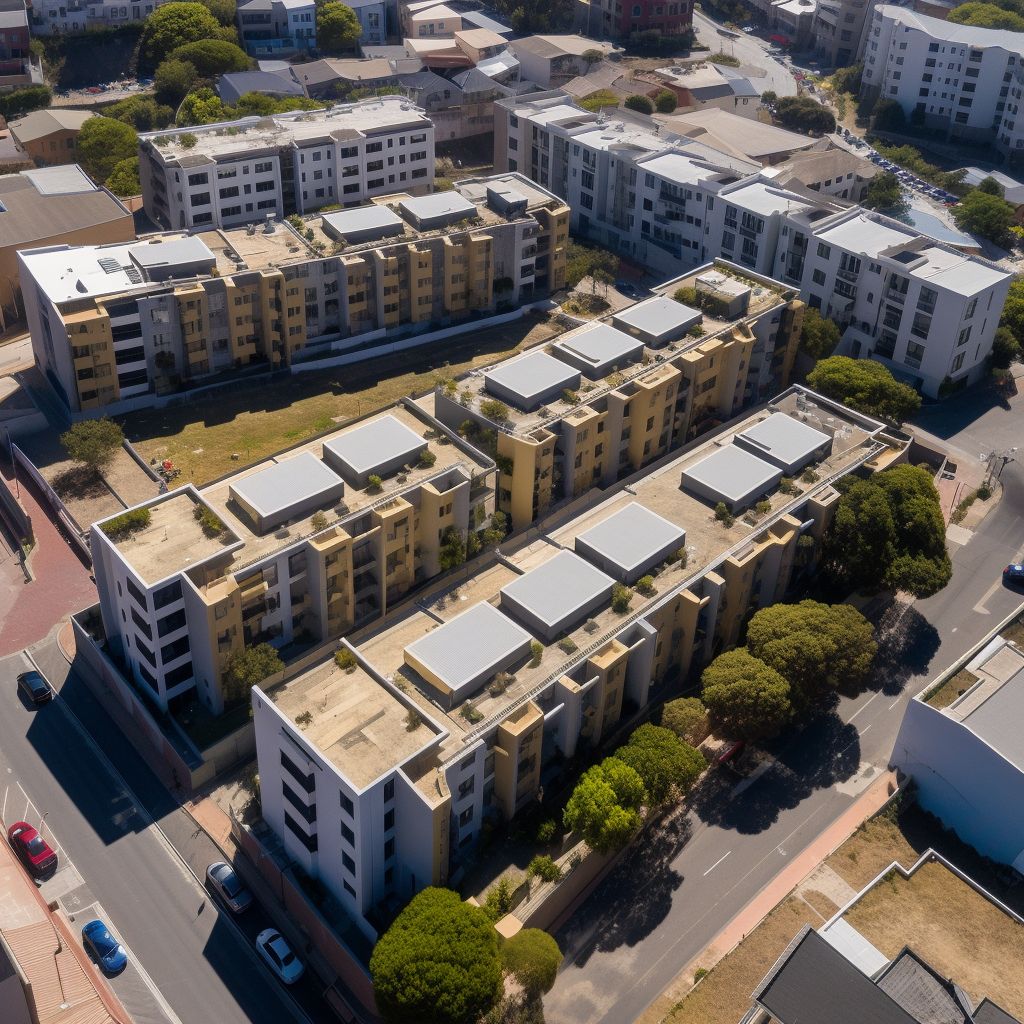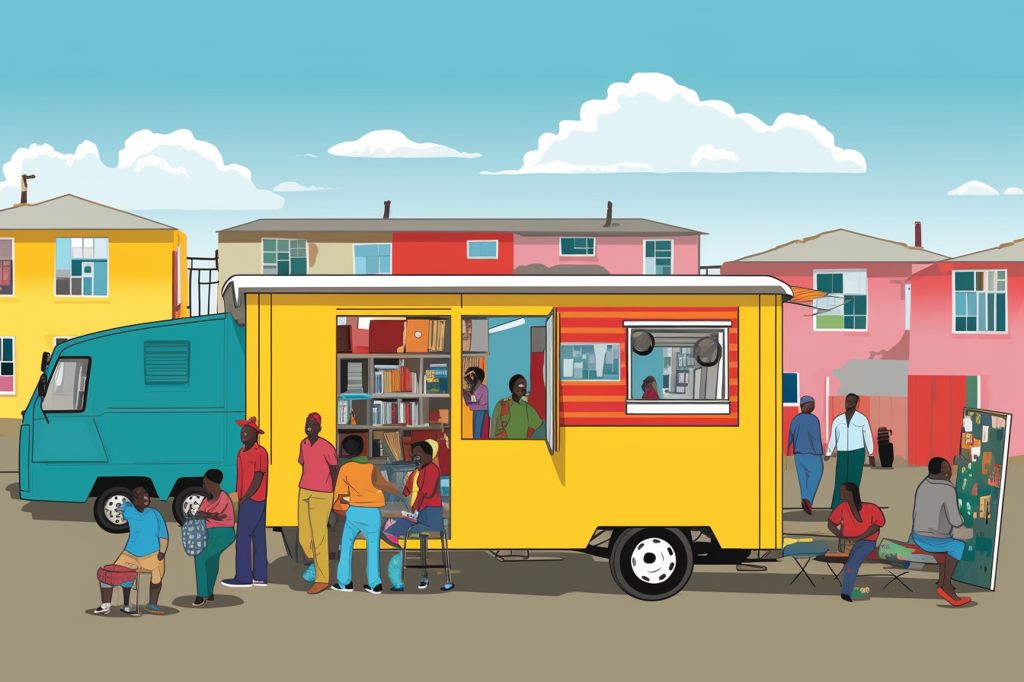The City’s Water and Sanitation Directorate has scheduled essential maintenance work on water supply infrastructure from 16th to 19th May 2023. The work aims to preserve the lifespan of pipelines and minimize water waste due to pipe bursts. However, residents within the affected areas should be prepared for possible water supply disruptions.
Affected Areas and Scheduled Work
Zero-pressure tests will take place in Claremont, Newlands, and Rondebosch for three consecutive nights, starting at 21:00 on 16th May until 04:00 on 19th May. Marina Da Gama and parts of Capricorn Park will undergo zero-pressure tests from 21:00 on 16th May until 04:00 on 17th May. These tests will intermittently disrupt water supply or cause complete water shortage in the areas.
Scarborough will experience a water supply shutdown from 08:00 to 17:00 on 17th May to connect newly installed pipelines to existing infrastructure.
Understanding Pressure Management and Testing
Zero-pressure and step testing are crucial installation procedures for pressure management technology. These tests identify unmapped inflows before installing smart pressure-reducing valves. During overnight testing, some residents may experience low water pressure or no water supply.
Conditional testing ensures pressure-reducing valves in the water supply network function effectively. While pressure fluctuations might occur, they will be minimized as much as possible.
Important Reminders for Residents
The City has planned this work carefully to minimize disruption to water supply. Maintenance sites are construction zones, and public access is prohibited. Occasionally, complex maintenance tasks may prolong the work duration. Upon water supply restoration, the water may appear discolored or milky due to trapped air in pipes, but will clear after resting in a glass.
For maintenance updates, follow @CityofCTAlerts on Twitter. To prepare for potential water supply disruptions, store water in clean, sealed containers and keep taps closed to prevent water loss or damage when the supply is restored.
Additional Tips for Coping with Water Disruptions
- Fill bathtubs or large containers with water before the planned disruption for flushing toilets and washing hands.
- Use disposable plates and cutlery to minimize dishwashing during water supply interruptions.
- Consider investing in a water storage tank or rainwater harvesting system.
- Educate family members, especially children, about using water sparingly during planned maintenance.
- Water plants early in the morning or late in the evening to conserve water during disruptions.
The planned maintenance work on water supply infrastructure is necessary to ensure longevity and efficiency. Residents should be prepared for potential disruptions and take necessary precautions to cope with water shortages. By staying informed and following the city’s updates, residents can minimize the impact of these disruptions on their daily lives.












